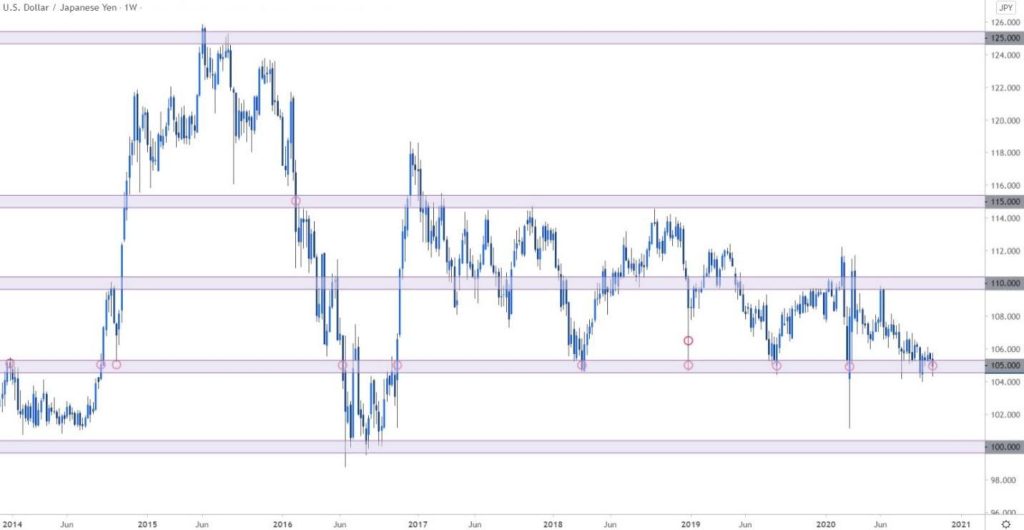The Japanese Yen currency is a safe haven for many investors and traders. The country’s economy has historically been stable, making the JPY the third most traded currency in the world. Nevertheless, news of periods of uncertainty in the world economy can make the JPY currency volatile. The Central Bank of Japan was formed in 1882 to keep the Japanese yen from being devalued by other countries.
USD/JPY Currency Pair
The USD/JPY currency pair is one of the most active in the trading market, accounting for almost a fifth of the forex market’s daily turnover. Because of its popularity and low spreads, the USD/JPY currency pair is one with high profit potential. However, it is important to note that the USD/JPY is a volatile currency and unpredictable events could disrupt your trading strategy.
Before making a trade, it is important to analyze the news that may impact the Japanese yen. News affecting the Asian stock market can cause the Dollar to react in interesting ways. Forex traders can also use the economic calendar to trade around important economic news. This can result in big moves. With a little research, you can learn how to trade around major economic events and avoid the risk of losing your money.
Another important factor that impacts the jpy currency exchange rate is the interest rate differential between the two countries. Usually, the Federal Reserve releases its rate statements and interest rates at least eight times a year. This difference in interest rates determines the value of the USD-JPY currency pair. Therefore, if the rate of the USD goes up, the value of the JPY goes down.
About The JPY Currency
The USD/JPY currency pair is one of the most liquid currency pairs in the world. The Japanese yen is the third largest economy in the world, and is a major exporter. As a result, the USD/JPY currency pair is heavily traded. It is one of the most popular and liquid currency pairs in the world.
A decline in the USD/JPY currency is a sign of economic distress in Japan. During the recent financial crisis, the USD devalued in relation to the JPY. The rate went from 110 to 76 per USD. This was a result of the US Federal Reserve raising its federal funds rate. Low interest rates have also contributed to a weakening of the Japanese Yen. This makes the currency cheap to borrow. This trend encouraged the carrying trade, whereby traders use the cheap Japanese Yen to purchase other assets with higher yields. As interest rates rise, the JPY is likely to strengthen.
Yen is a safe haven currency, and traders should look for it in times of economic uncertainty. However, traders should be aware of negative swap fees when trading with the currency. Negative swap fees can make JPY trading dangerous if you are not careful. But there are a number of risk management strategies that can minimize these risks.
The USD/JPY currency pair is very popular, thanks to its low bid-ask spread and high liquidity. Furthermore, the yen has emerged as a stable reserve currency since the 2008 financial crisis, and is now the world’s third-largest safe-haven currency. The USD/JPY currency pairing plays a critical role in the Asian markets, where the JPY is often bought or sold to hedge against other, more volatile currencies in the region.
The USD/JPY currency pair is closely linked to the Nikkei 225, the Japanese stock market. When the yen weakens, exports from Japan become cheaper and attract investors from other markets. The yen is also affected by monetary policy. The Federal Reserve can force investors to buy or sell the USD/JPY currency pair if they feel it is appropriate.
When you trade the USD/JPY currency pair, remember to use a stop-loss order and a solid exit strategy. This will allow you to protect yourself from unnecessary losses and take profits in the future. Always remember that you must have a strategy in place before you enter the market.
What’s More?
The Japanese Yen is one of six reserve currencies in the world, and is worth about 8.5% of the trading volume on the Forex market. Its monetary policy is atypical, and its relationship with risky assets has made it a key indicator in financial markets. Moreover, the Yen is sensitive to changes in global economic policy. This makes it an excellent currency to trade.
